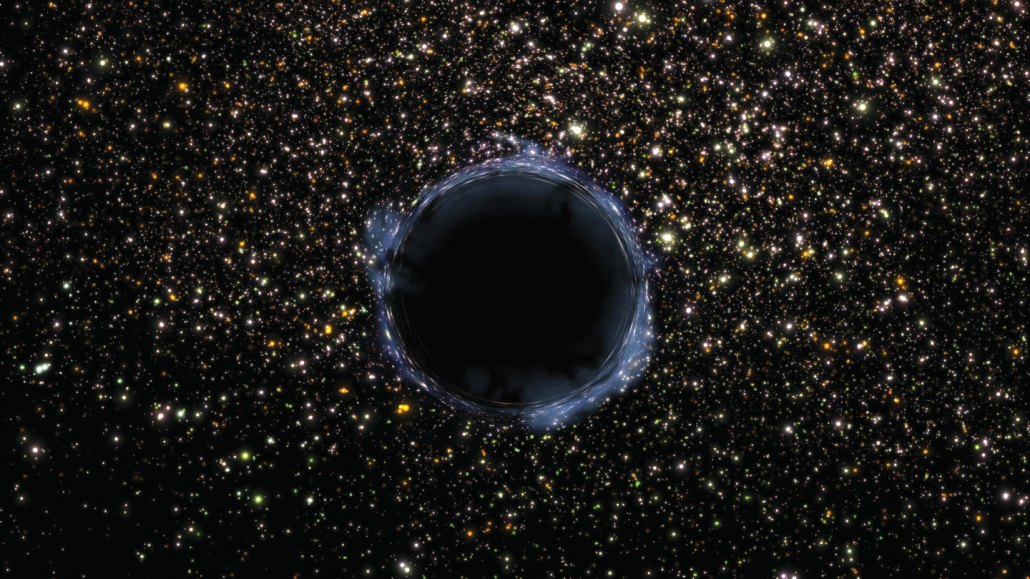Questions for ‘Ancient black holes might solve the mystery of dark matter’

Scientists are on the hunt for black holes that could have formed before the first stars and galaxies. Such “primordial” black holes could help solve the longstanding mystery of dark matter and other cosmic puzzles.
NASA and G. Bacon/STSCI